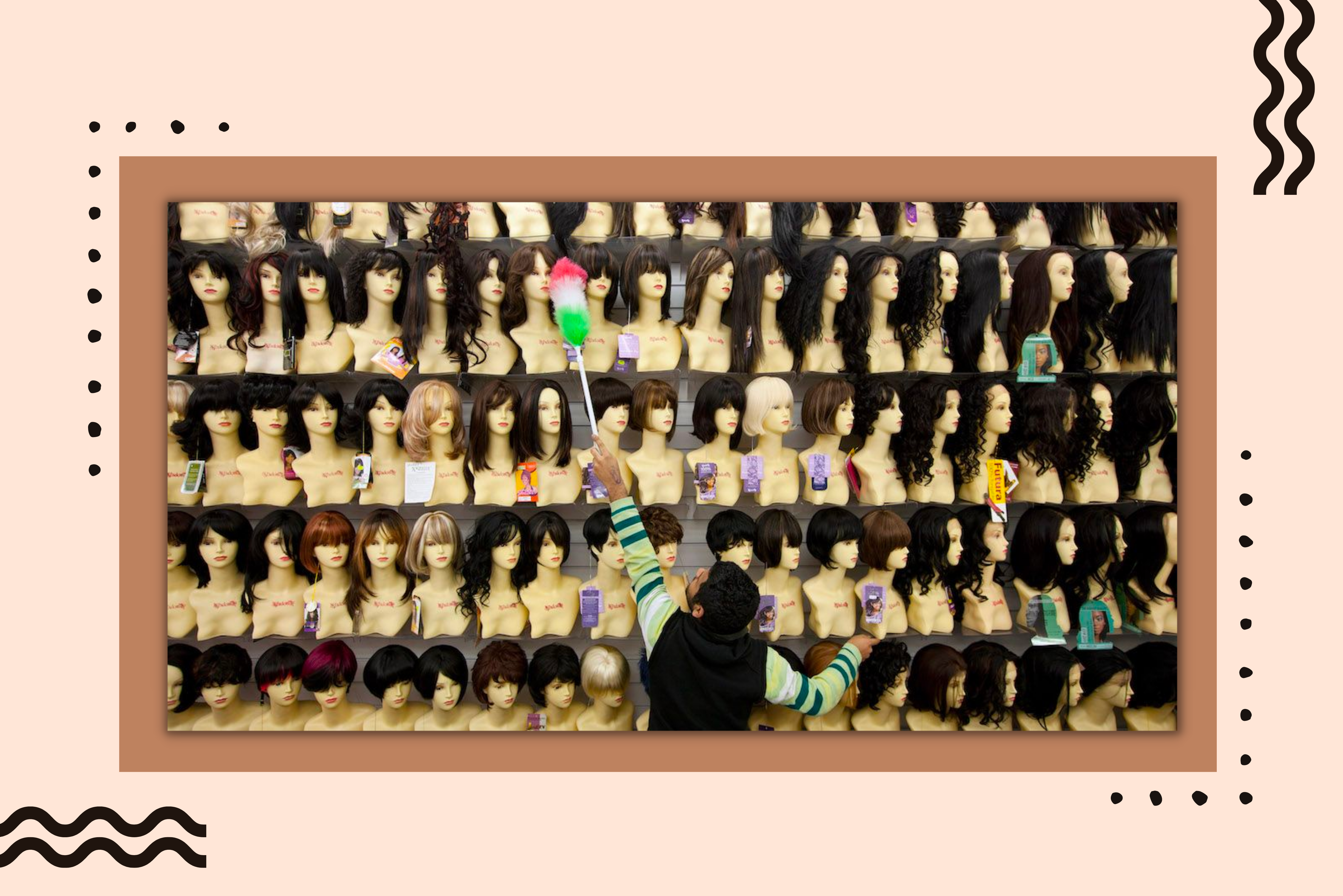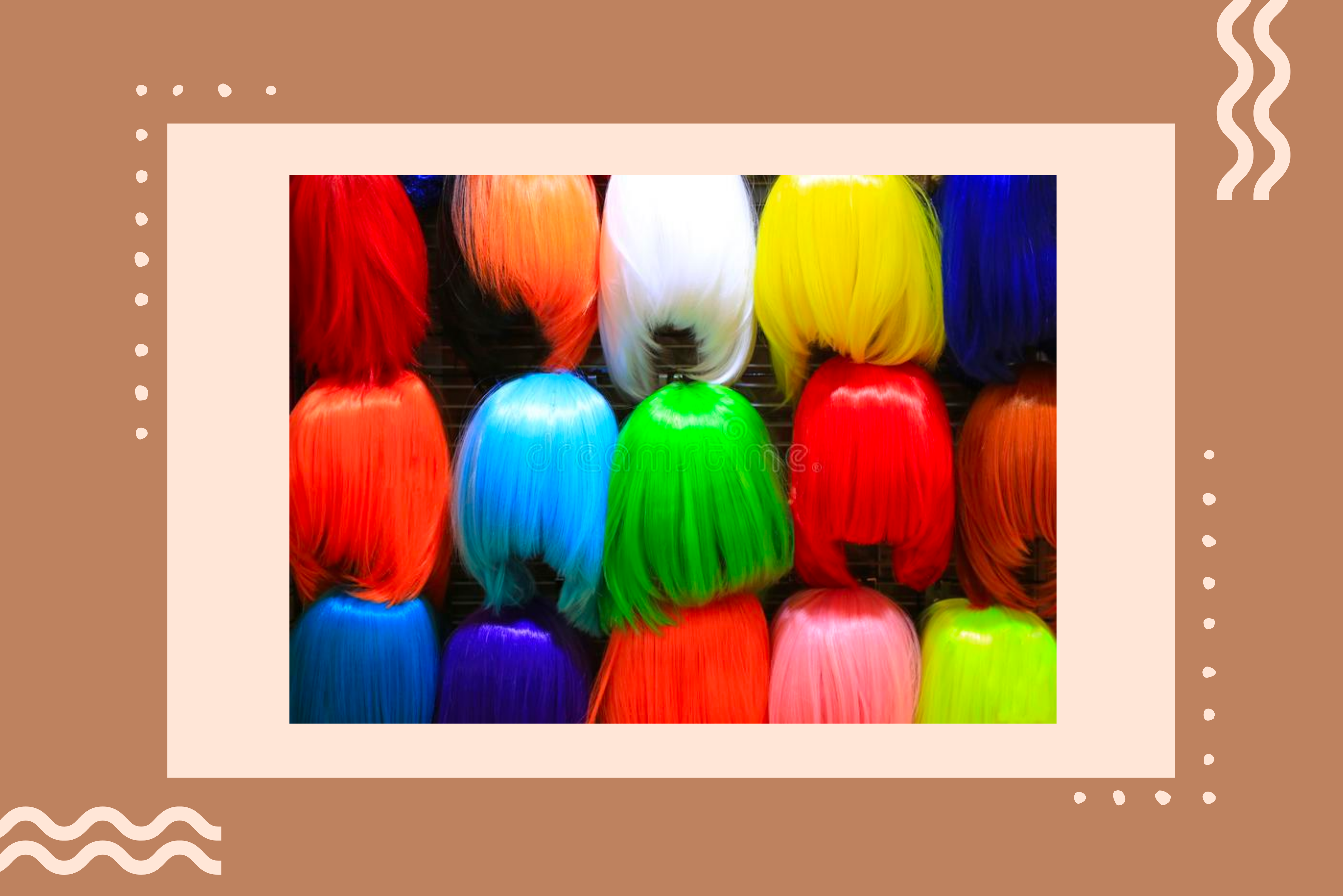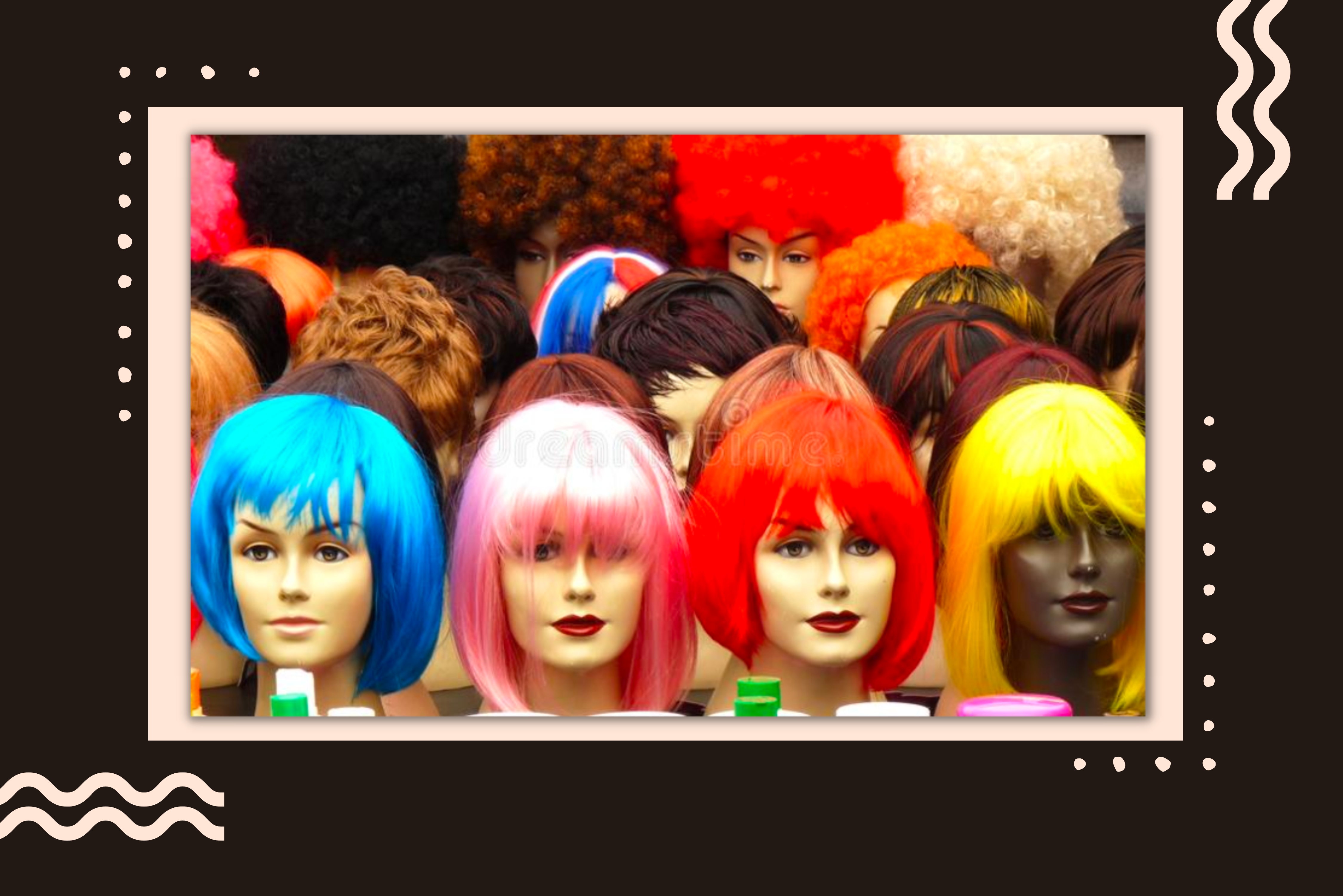
Are Wigs Ethical?
There’s no denying that human hair wigs are the best in terms of quality and realism. But if you’re in the market for new hair and see a price that looks too good to be true, we’d suggest asking yourself whether it’s sustainable... short answer: probably not! As more of us move towards ethical consumables, we should also start to point the finger at our wigs too. Here are some of the main ethical considerations when wearing human hair wigs.

In a way, human hair is the most sustainable option for wigs. After all, one could argue it's a form of recycling - reusing the of hair on human heads that would traditionally be thrown in trash bags and take several years to degrade.
When compared to synthetic wigs, human hair wins big time - but when assessing the reality of the billion-dollar hair industry, we must err with caution. For example, the human hair industry is full of stories of exploitation, particularly of poor women in remote communities, and without strict regulations in place, it can be difficult to make an accurate ethical choice.
The answer? Before purchasing a wig, conduct some research about the hair company - and lots of it. Consider purchasing from the following:
- Companies that use a single supplier and are transparent about their source
- Companies that sell non-remy wigs (typically made from hairdressers’ floor sweepings)
- Companies that source their hair from religious (voluntary) head-shaving rituals.
Of course, it can be difficult to find out these details, but a good marker is price. If the human hair wig you're considering purchasing has a price tag that is too good to be true (£27 for a 22" lace closure unit?!) you'll probably find that its ethics will be questionable. Expect to pay at least £450 for a decent, ethical human hair wig.
Ethical Sources
The most ethical source for human hair wigs is consenting adults. However, some companies (such as Little Princess Trust) use children’s hair that’s donated through charity drives. Sourcing is a difficult aspect of the human hair wig industry.
As mentioned, there are opportunities for adult and child exploitation in desperate communities across the globe, and the best way to get around this is to only deal with professional wig companies, particularly those based in salons. While their products are pricey, it’s worth it to know they’re ethically sound.

End of a Wig Era
When you’ve come to the end of your relationship with a wig, you should always have an ethical exit plan. Do you plan to just throw it in the bin? Well...some human hair extensions can take up to 7 years to decompose (not including the other materials that come with the wig, such as adjustable straps/hooks/wig combs etc) whilst synthetic hair never decomposes - posing the same issues to the environment that plastic waste does.
We’d suggest contacting local salons/charities if they’d like to reuse the hair, re-selling the wig on websites such as Silk Or Lace, or using the hair to create a completely new style for yourself! Why not switch up your old 18” black wig to a brand new 14” asymmetrical bob with highlights? Or changing a 20” red wig to a 20” black full-fringe unit. Get creative, have fun and discover new styles to rock!
Check out our previous article on the most sustainable wig disposal practices you can adopt today!

Buying human hair wigs and extensions is a minefield of ethics. The best way to approach it is to conduct diligent research on the hair company you're considering purchasing from. Do they mention sustainability? If they do, how are they contributing to making the planet more sustainable? Do your research, be diligent and refer back to this blog whenever you feel lost!




 Image |
Image | 

1 comment
amazing article, really helpful
Samantha Dube
Leave a comment
This site is protected by hCaptcha and the hCaptcha Privacy Policy and Terms of Service apply.